Three senior members of India's ruling Hindu nationalist party including a cabinet minister should face trial over the demolition of a mosque a quarter of a century ago, the Supreme Court ruled on Wednesday. The three are accused of inciting Hindu zealots to pull down the 16th century Babri mosque in Ayodhya in 1992, igniting one of India's most explosive religious disputes in which thousands died.
India's top court said government minister Uma Bharti, former deputy prime minister L K Advani, and M M Joshi - all senior members of Prime Minister Narendra Modi's ruling Bharatiya Janata Party (BJP) - should face criminal conspiracy charges. The ruling came after a lower court dropped the charges brought against them by India's Central Bureau of Investigation (CBI), kicking off a series of appeals and counter-appeals. "We have allowed the CBI appeal against the Allahabad High Court judgement with certain directions," the Press Trust of India news agency quoted the Supreme Court judges as saying.
The demolition of the mosque in the northern state of Uttar Pradesh sparked nation-wide riots in which thousands were killed, most of them Muslims.It marked the culmination of a virulent campaign led by the BJP, which recently won elections in the state, India's largest. Many Hindus believe the Babri mosque was only built after the destruction of a temple that marks the birthplace of their god Ram and the issue remains hugely divisive.
Bharti, India's water resources minister, said after the ruling she was "ready to hang" for the temple cause and would travel to Ayodhya later Wednesday. "There was no conspiracy. Everything was out in the open for everyone to see," she told reporters. "I am absolutely clear about one thing - I have always been very proud of my participation in the Ram temple movement. "I am ready to hang, to go to jail for this."
Advani, now 89, has consistently denied a criminal conspiracy to destroy the mosque. The former leader of the BJP was in Ayodhya on the day of the demolition and his campaign for the temple came to define his political career. But in a later interview with the BBC, Advani said it should never have happened and described it as the saddest day of his life. He has been tipped to be India's president when the role becomes vacant later this year, but local media said the charges could scupper his chances.
The Supreme Court ordered that the case, which has dragged on since charges were first filed in 1993, should be completed within two years. However some legal experts expressed fears it would drag on longer. "There are hundreds of witnesses in the case and now all of them will have to be re-examined," said IB Singh, a senior lawyer who cross-examined Advani for the official enquiry into the Babri demolition.
BR100
15,235
Increased By
150.4 (1%)
BR30
44,824
Increased By
812 (1.85%)
KSE100
149,971
Increased By
1353.3 (0.91%)
KSE30
45,655
Increased By
407.2 (0.9%)


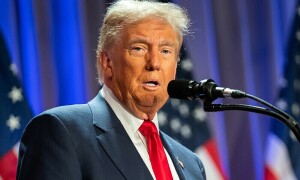


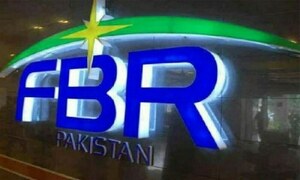
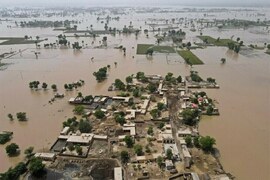







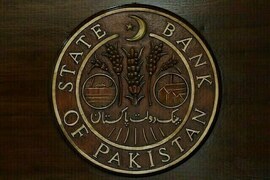
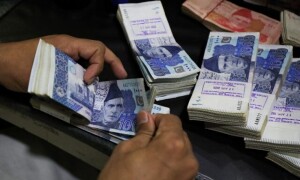


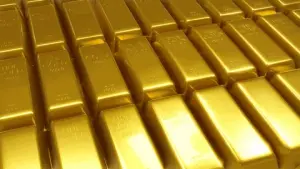
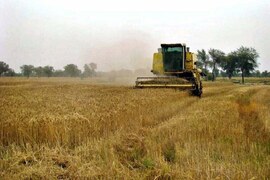
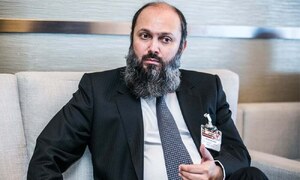

Comments
Comments are closed.